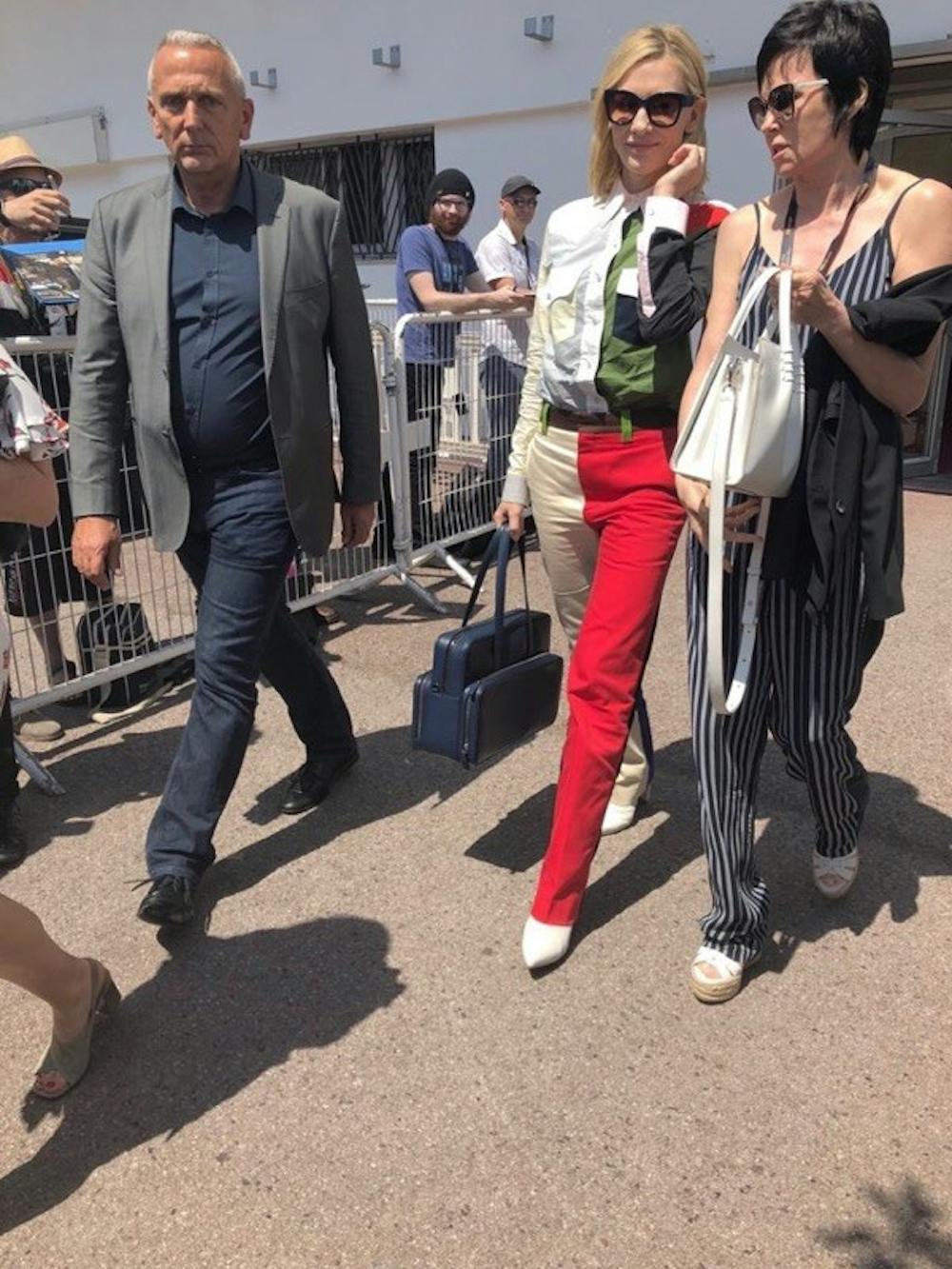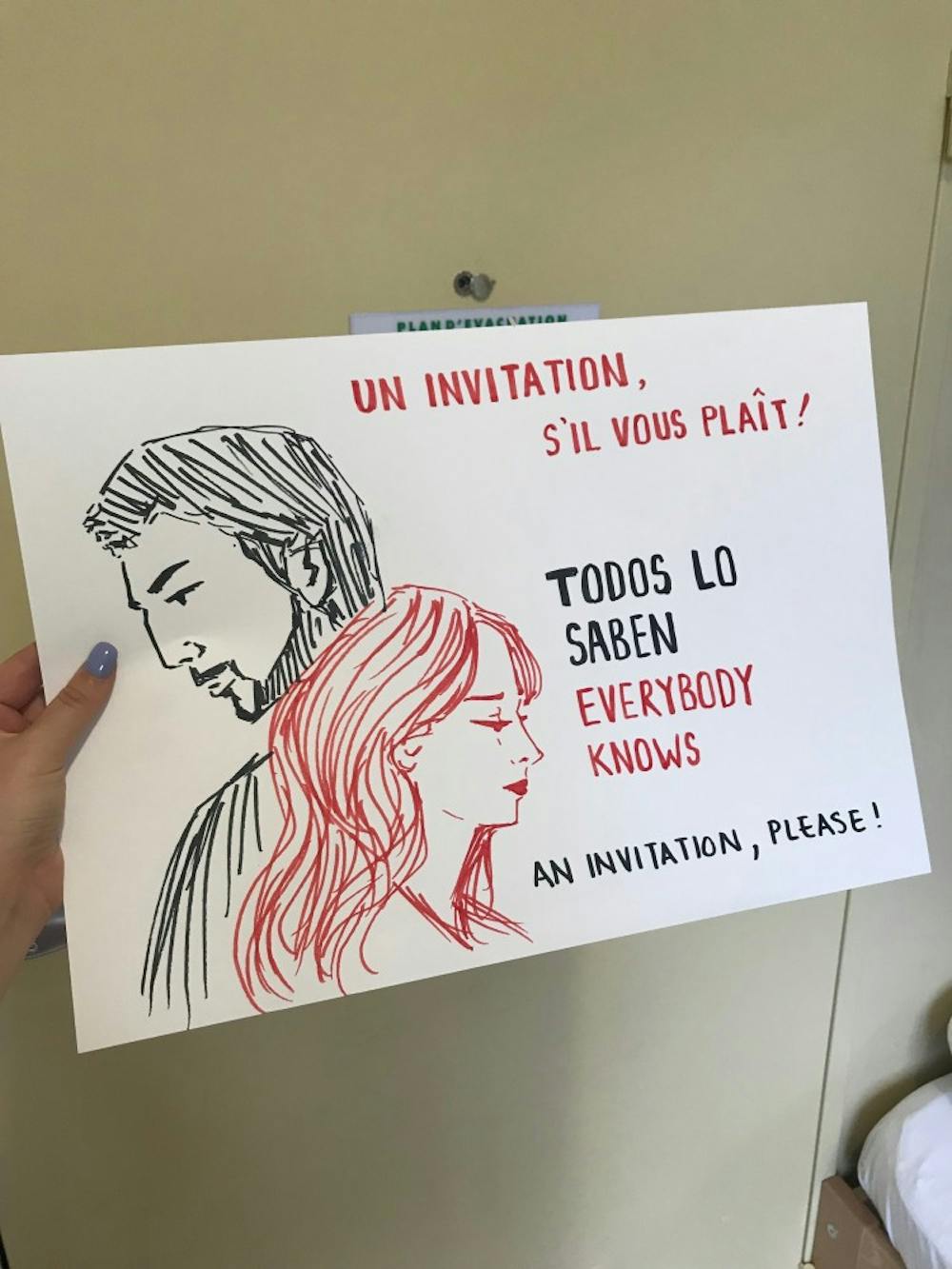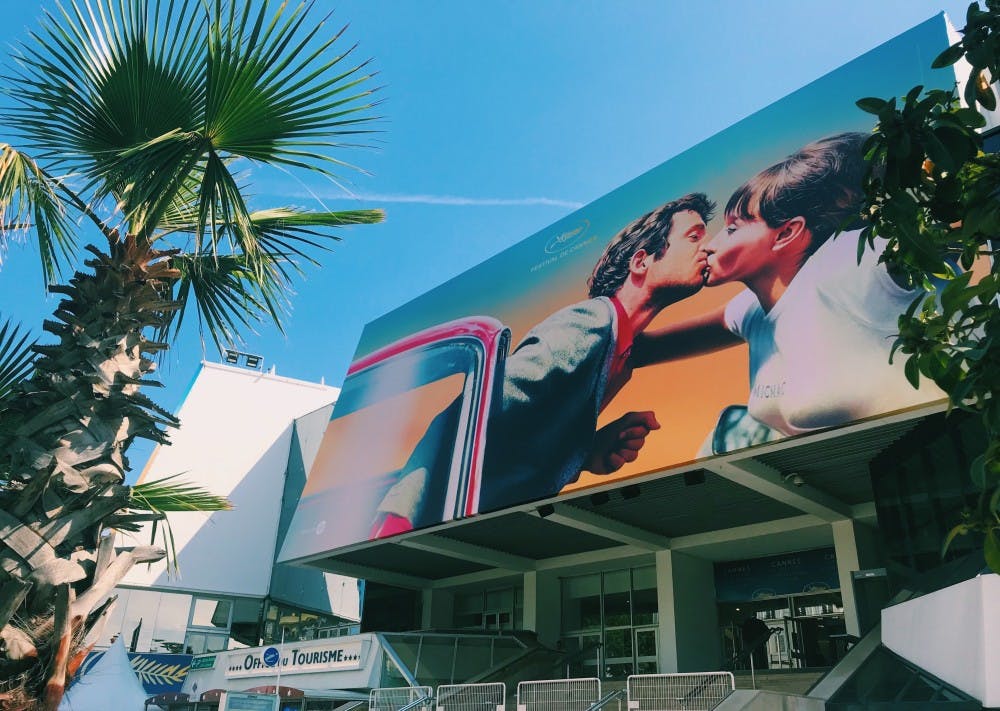Imagine breathing the same air as Cate Blanchett, walking the red carpet with Michael B. Jordan, and watching close to 30 films in one week all for a Penn course credit. It sounds like an absolute dream, right? But here's the thing: it isn't. In fact, every summer the University of Pennsylvania actually allows this opportunity to a handful of ultra–lucky student applicants.
The Penn in Cannes program takes 30 students to France for two weeks for an intensive film watching experience. Every day requires a well thought-out plan: wake up, get a croissant across the street at Café Pico, walk to the city center, wait in line for your first film, wait in line for another film after that, beg for premiere tickets, potentially change for the premiere (black tie attire required for red carpet entry), and then eat, sleep, repeat.

Since Cannes is one of the most prestigious film festivals in the world, mainly because of its exclusivity and its history of premiering some of the most famous films of all time (Pulp Fiction, for example), you can count on multiple celebrity sightings and excitingly diverse films to premiere each year. While the Cannes Film Festival usually boasts a more auteurist group of films, the 2018 festival premiered Solo, the new Star Wars film, as well as Fahrenheit 451, a new HBO film based off of the popular novel.
In the midst of the growing #MeToo movement in Hollywood, the predominantly female jury at Cannes, composed of stars such as Cate Blanchett, Kristen Stewart, and Ava Duvernay were adamant about advocating for more female representation in cinema. They held an all–female protest, with 82 women to represent the 82 female filmmakers that have been in Official Selection (competing for the Palme d’Or) in 71 years.
Kristen Stewart also took off her heels while walking the red carpet to protest the unfair rule that all women must wear heels on the red carpet, or else they cannot enter the Lumiere theater. Actress Asia Argento closed out the festival by giving a speech about the sexual assault she experienced at the hands of Harvey Weinstein while at the Cannes Film Festival in 1997. These powerful female voices and actions set the tone for the festival which conquered hot-topic themes such as sexual assault, “otherness,” gender, and faith.

All students on the program are required to see at least 25 films in their two weeks at the festival, so each student is able to have his or her own unique experience—choosing to watch films in Official Selection, or Un Certain Regard, or branching out to the smaller, lower scale “market films,” which are shown primarily to gain distribution. After two weeks and 29 films, here are my top films to look out for:
Capharnaüm by Nadine Labaki
An emotional film about the life of a 12 year-old boy in Beirut who is suing his parents for giving him life.
Girl by Lukas Dhont
A coming-of-age story of Lara, a young girl born in a boy’s body, who desires to be a professional ballerina.
Blackkklansmen by Spike Lee
A comedic account of a black police officer who infiltrates the KKK with the help of his fellow police officers.
Manbiki Kazoku (Shoplifters) by Hirokazu Kore-eda
The journey of a makeshift family in Japan as they come to adopt and love a young girl named Yuri. This film won the Palme d’Or!
Gräns (Borders) Ali Abbasi
The story of a border patrol agent whose sense of smell is incredible, but is tested by a man (or creature) who looks exactly like her.

